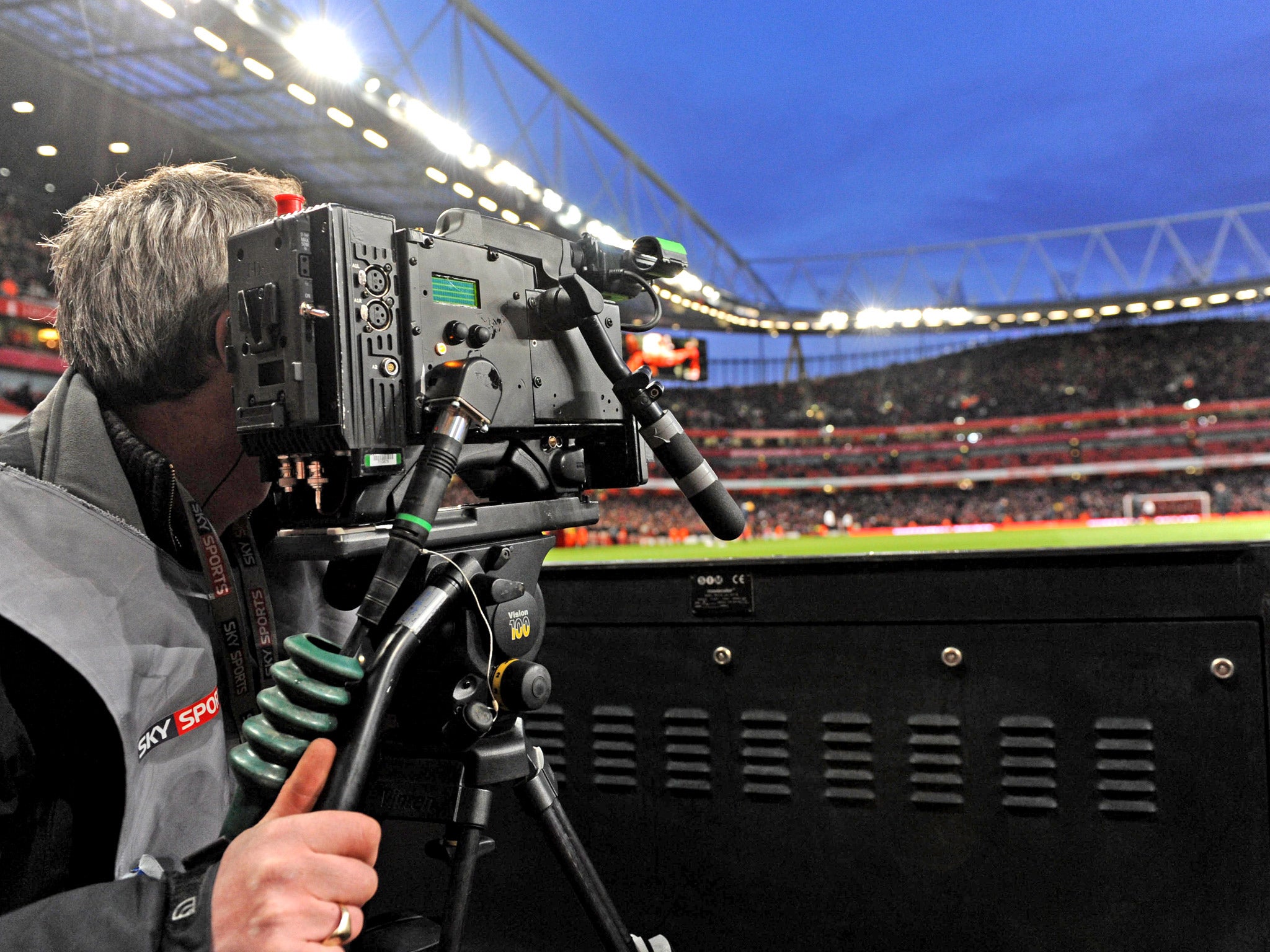Premier League clubs reject plan to limit wage spending from TV deal

More than half the 20 Premier League clubs rejected two proposals by chief executive Richard Scudamore yesterday to introduce a form of financial fair play and limit the amount of money from the next £3bn-plus television deal that could be spent on wages.
The initiative is being driven by Manchester United and Arsenal, with support from Sunderland, to curtail the amount of money that can be spent on wages from the next record broadcast deal which some clubs fear will go straight to the players and their agents.
The clubs agreed to look at the issue again and Scudamore will now come up with fresh proposals before the next meeting on 6 February, although these are expected to be considerably watered down. Any new rule needs 14 of the 20 clubs to vote for it and any deal will require considerable concessions for it to go through.
Clubs such as United and Arsenal want the limits in place especially to curb the spending power of the likes of Manchester City who are opposed to any kind of wage control. Ellis Short, the chairman of Sunderland, wants his club to profit from the new TV deal rather than spend all the gains from the latest broadcast contract on wages.
There is little possibility of a saving on wages leading to lower ticket prices. It was proposed by some of the clubs that the only money that would be safeguarded from spending on wages would be the broadcast deal. Nothing would prevent them from increasing ticket prices and using that revenue to spend on player wages. The likelihood in many cases is that savings on wages would be taken out of the club by owners eager to make a profit.
The likes of City, Fulham, West Bromwich Albion and Aston Villa remain opposed to plans to limit owner investment in the team, which would come under the FFP proposals. They fear it might affect the attractiveness of their clubs to overseas buyers.
Join our commenting forum
Join thought-provoking conversations, follow other Independent readers and see their replies
Comments